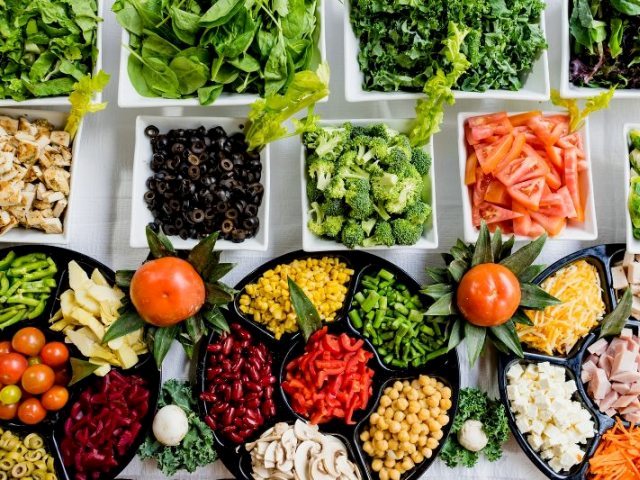Easy And Quick Tips On How to Prevent Binge Eating
Let’s start with a definition. According to some strict nutritionists and eating disorder specialists, binge eating is eating more than one serving of something. To the rest of us, eating the proscribed serving according to the package (“serving size: four potato chips”) is a joke.
In other words, the definition of a binge is up for discussion. You get to come up with your own definition. To me, a binge is definitely eating an entire container of something, whether that’s a party-sized bag of tortilla chips or a full pint of ice cream. To put a finer point on it, bingeing is that elusive grey line you cross when you start to want the next bite even as you are still chewing on the last bite. When you are eating a bit compusively, and if someone dared snatch whatever you were eating, you might do something less than ladylike to get your food back.
As most of you know, once you are in this mode, it is very, very hard to stop. For some of us, if you look at the record, we’re just not going to stop once we’re in this phase of a binge. So if you can’t stop it once its started, then the prevention has to come earlier. You have to stop the binge before it starts.
The sweet spot is to prevent the binge not just before you start binge eating, but even before you want to start binge eating. So, to illustrate, you initiate binge prevention before you start to fantasize about cheesecake, not after you’ve had the first forkfuls of that super-skinny slice of cheesecake you shaved off. You know, that slice that’s so thin it “doesn’t count”? To exercise effective binge prevention, you need to go back several steps, to when you are just beginning to be barely hungry, to when you might even say you weren’t hungry if someone asked you.
 There a many prescriptions for this (some are, literally, prescriptions, but I’m not going to talk about those). The basic approach and the most effective seems to be prevention eating. Call it prophylactic eating if you want to be risque.
There a many prescriptions for this (some are, literally, prescriptions, but I’m not going to talk about those). The basic approach and the most effective seems to be prevention eating. Call it prophylactic eating if you want to be risque.
This means eating every few hours whether you are hungry or not. Many diet plans address this simply by telling us to eat breakfast, then eat designated snacks in the mid-morning and mid-afternoon. And many of us with eating issues either skip these meals because we’re rushing, or because we are constantly trying to control our eating and we don’t eat until we’re desperate. And healthy eating, along with healthy weight loss, is all about letting go of the desperation.
So if you want a checklist of things to do to prevent binge eating, or mere overeating, here you are:
- Get enough sleep.
- Don’t get too stressed (either work out, meditate, or learn how to process your stress in some other way).
- Eat breakfast.
- Eat every two hours or so. Eat raw vegetables or high-protein snacks, not candy bars.
- Stay hydrated (ie, drink 8 ounces of water every hour or so).
- Eat foods that are good fuel, not stuff that you’ll crash from after eating.
- Eat foods you enjoy eating, so you don’t feel deprived. If you have not started already, begin the quest to find healthy foods you love. Or at least like, if you’re starting out.
In conclusion:
Psychologists have inferred that the main causes of eating disorders are extreme depression, substance abuse, obsession and anxiety. There are basically three types of eating disorders. The anorexia nervosa, the bulimia nervosa and binge-eating disorder are some of these. The good thing is, they are treatable. Many health care professionals are still looking for ways and methods to fully treat these conditions.









